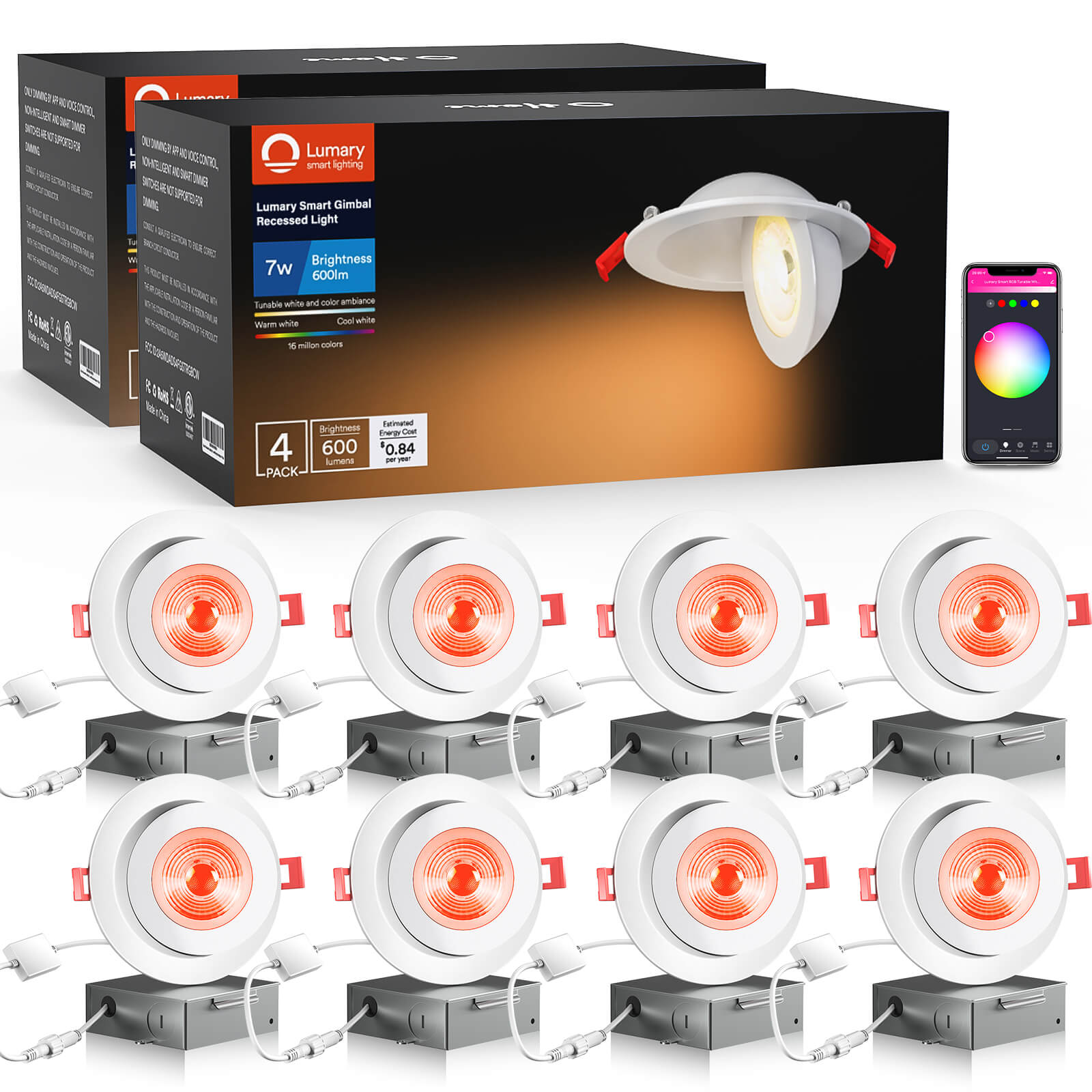Welcome to The Ultimate Guide to Retrofitting Trim Can Lights in Your Home. If you're looking to enhance the ambiance and functionality of your living spaces, retrofitting trim can lights is an excellent choice. This guide will walk you through the process, offering professional insights and practical tips to ensure a seamless transformation.

Understanding Trim Can Lights
Trim can lights, also known as recessed lights, are fixtures installed into the ceiling, providing a sleek and modern lighting solution. They are popular for their ability to offer focused illumination without occupying visual space. Retrofitting these lights involves updating existing fixtures with new, more efficient components.
Benefits of Retrofitting Trim Can Lights
Retrofitting trim can lights comes with numerous advantages:
- Energy Efficiency: Modern LED trims consume significantly less energy compared to traditional incandescent bulbs.
- Improved Aesthetics: New trims can give your ceiling a fresh, updated look.
- Enhanced Lighting Quality: LED trims offer better light distribution and color consistency.
- Cost Savings: Reduced energy consumption translates to lower utility bills.
Steps to Retrofit Trim Can Lights
Follow these steps to retrofit your trim can lights effectively:
1. Assess Your Current Setup
Begin by examining your existing recessed lights. Determine the size of the cans and the type of bulbs currently in use. This information will help you choose compatible retrofit kits.
2. Choose the Right Retrofit Kit
Select a retrofit kit that matches the dimensions of your existing cans. Ensure the kit includes LED trims for energy efficiency and longevity. Look for kits with adjustable color temperatures to customize the lighting ambiance.
3. Turn Off the Power
Safety first! Before starting any electrical work, turn off the power to the lights at the circuit breaker. Double-check by flipping the light switch to ensure no power is flowing to the fixtures.
4. Remove the Old Trim and Bulb
Carefully remove the existing trim and bulb from the recessed can. This may involve unscrewing or gently pulling the trim away from the ceiling. Dispose of the old components responsibly.
5. Install the Retrofit Kit
Follow the manufacturer's instructions to install the new retrofit kit. Typically, this involves connecting the LED trim to the existing socket and securing it in place. Ensure all connections are tight and secure.
6. Test the New Lights
Once the retrofit kit is installed, turn the power back on and test the new lights. Adjust the color temperature if necessary to achieve the desired lighting effect.
Tips for a Successful Retrofit
Here are some additional tips to ensure a smooth retrofitting process:
- Plan Ahead: Make a list of all the recessed lights you plan to retrofit and purchase the necessary kits in advance.
- Seek Professional Help: If you're unsure about any step, consider hiring a licensed electrician to assist with the installation.
- Regular Maintenance: Periodically check the trims and bulbs to ensure they are functioning correctly and replace any faulty components promptly.
Conclusion
Retrofitting trim can lights in your home is a rewarding project that enhances both the aesthetics and efficiency of your lighting. By following The Ultimate Guide to Retrofitting Trim Can Lights in Your Home, you can achieve professional results with minimal effort. Enjoy the benefits of modern, energy-efficient lighting and transform your living spaces into beautifully illuminated havens.

